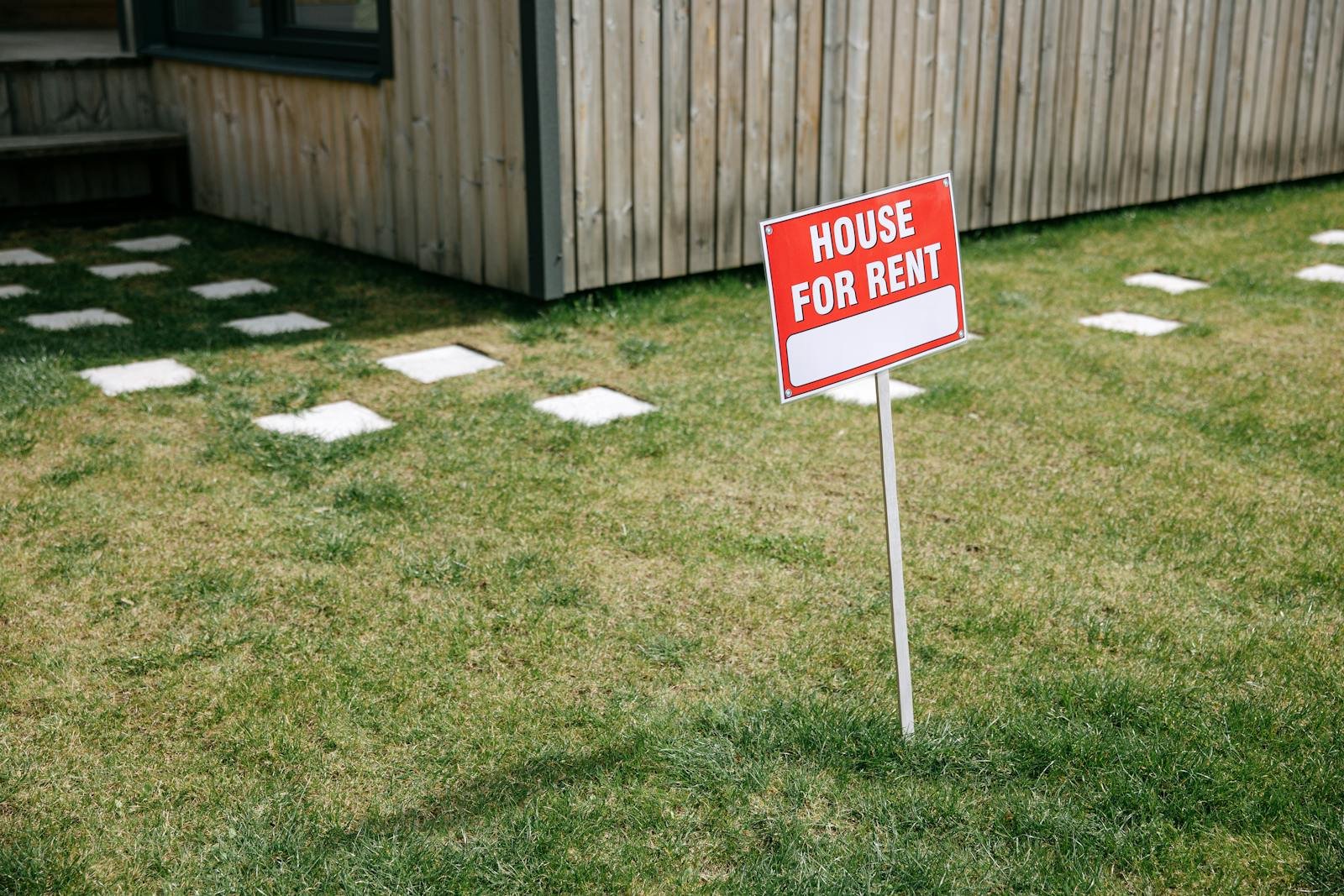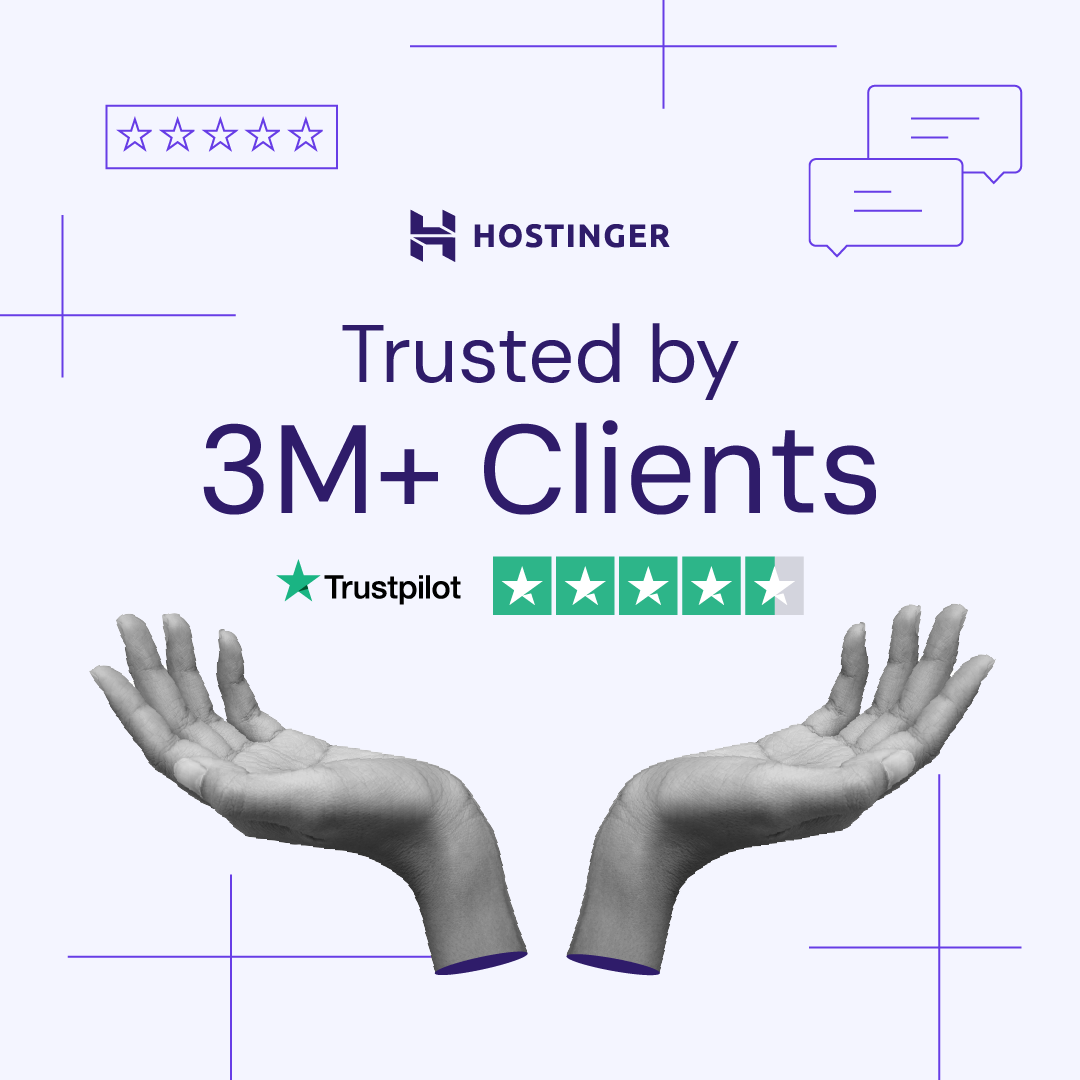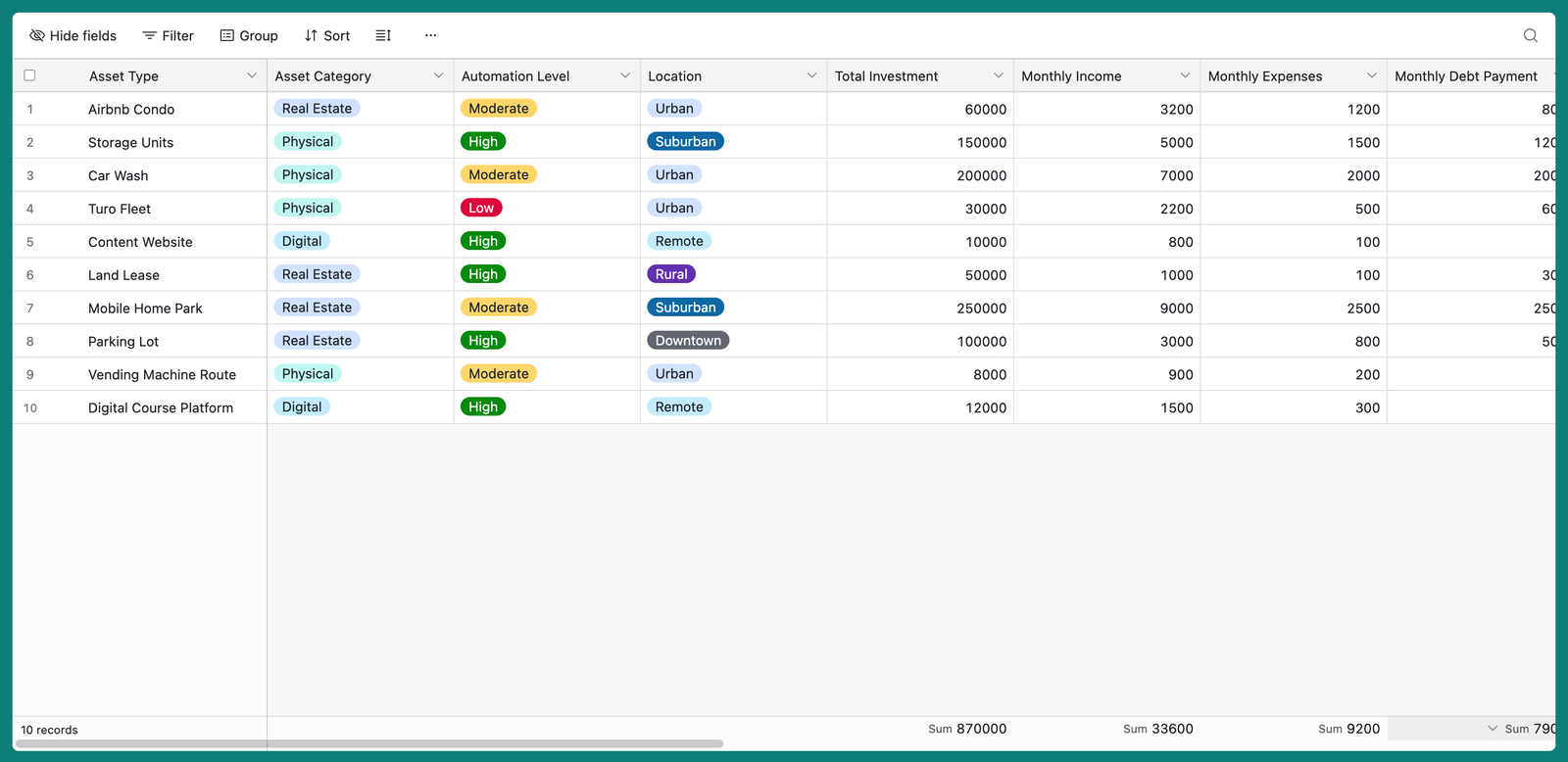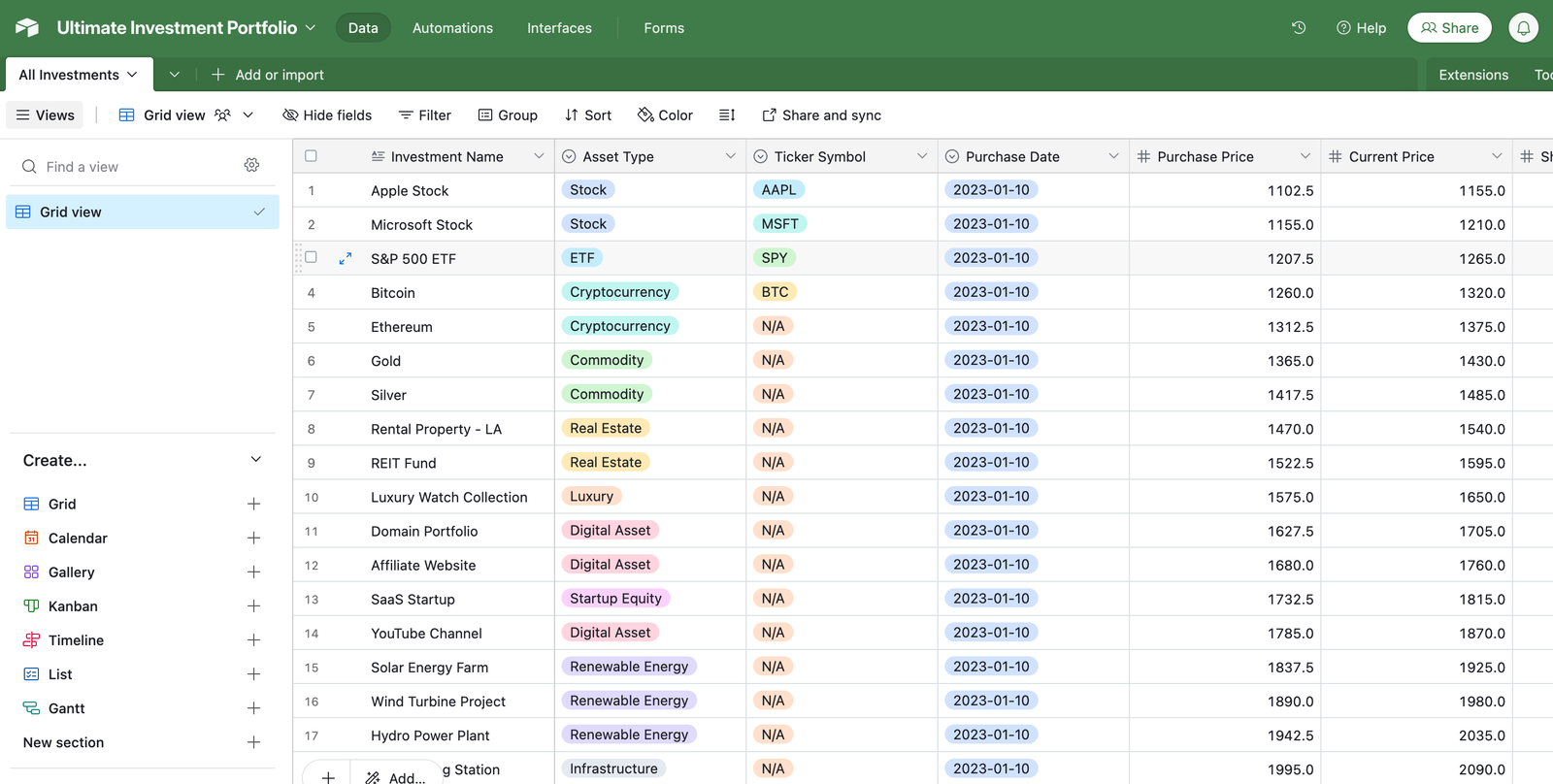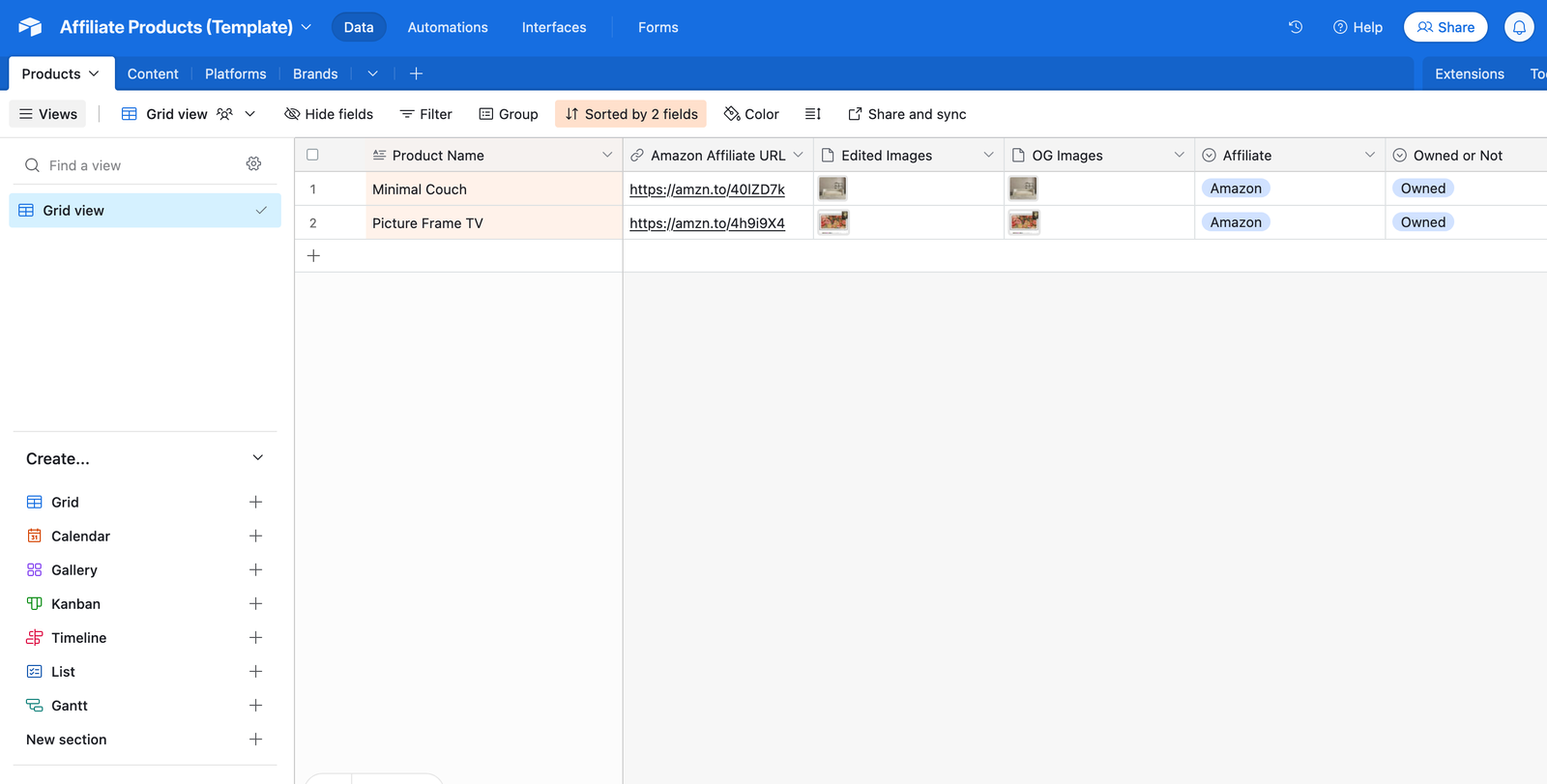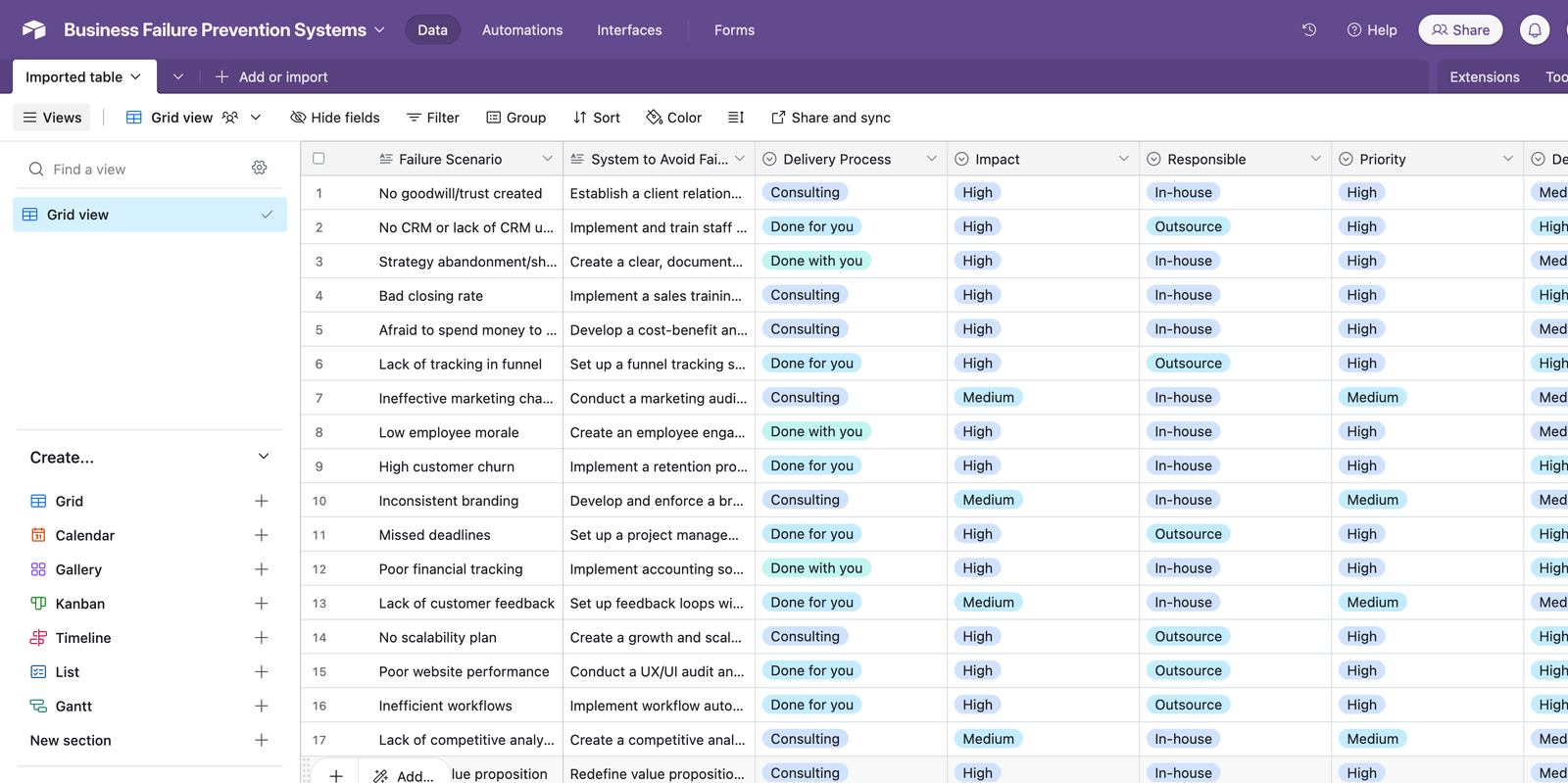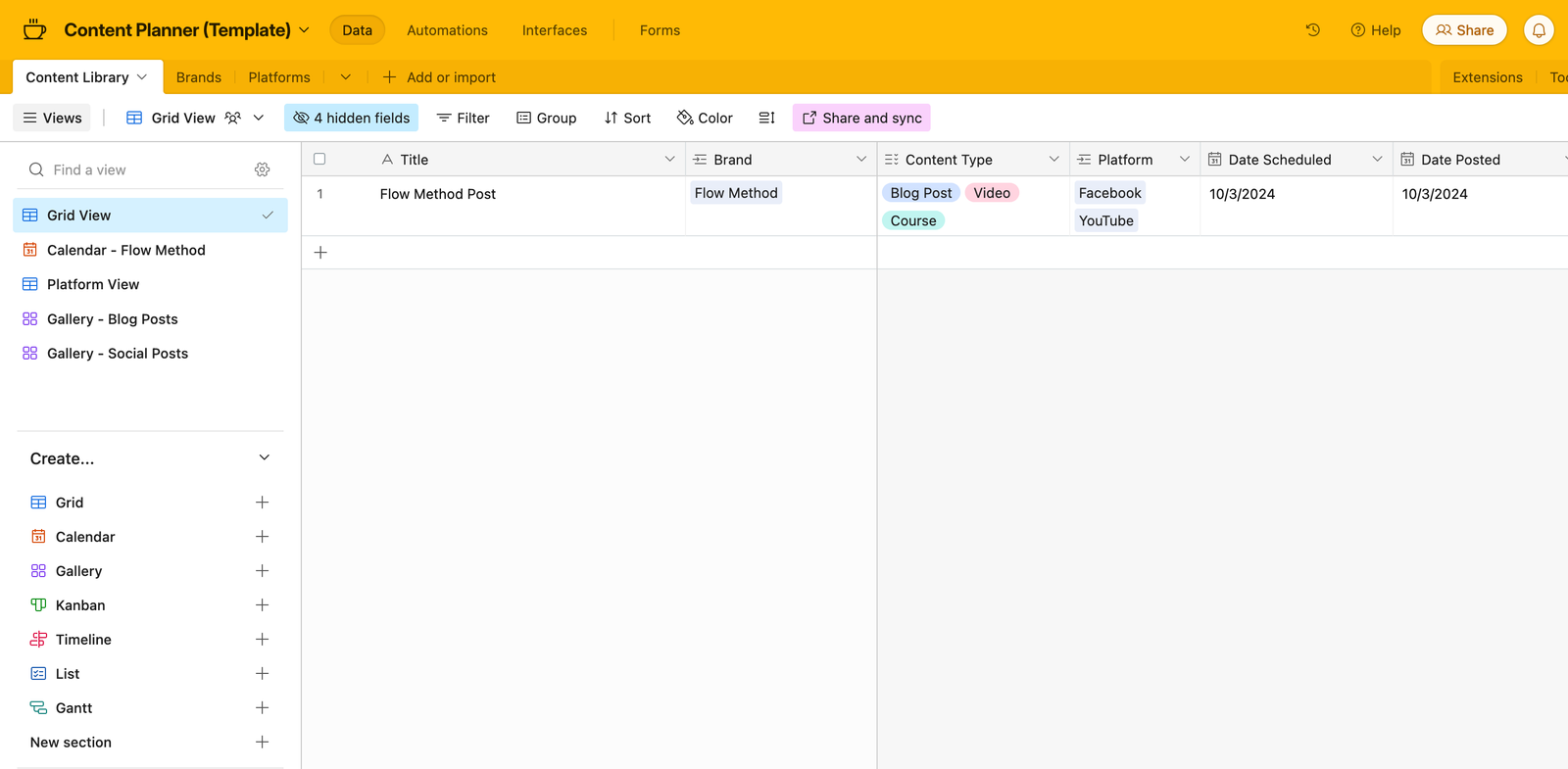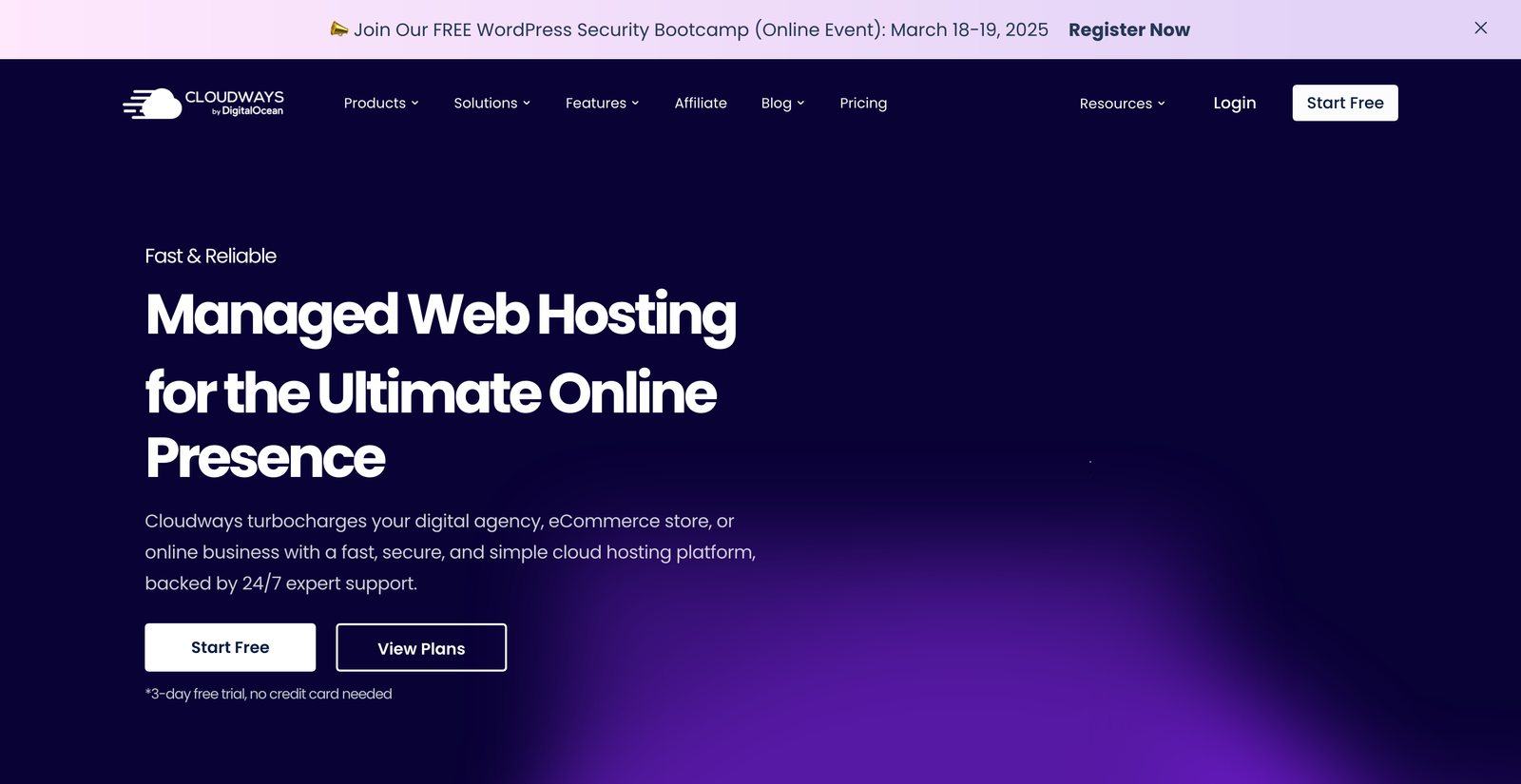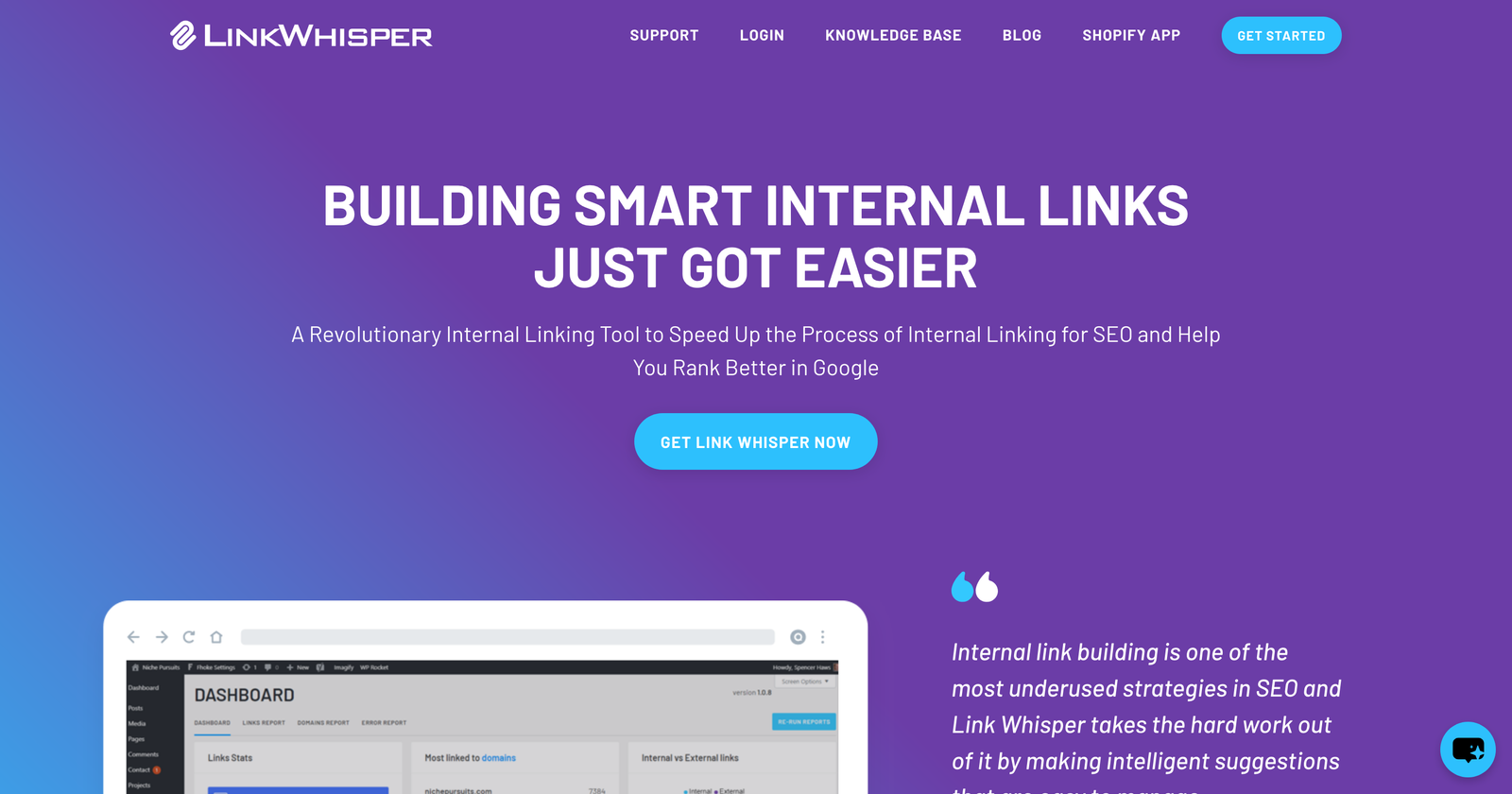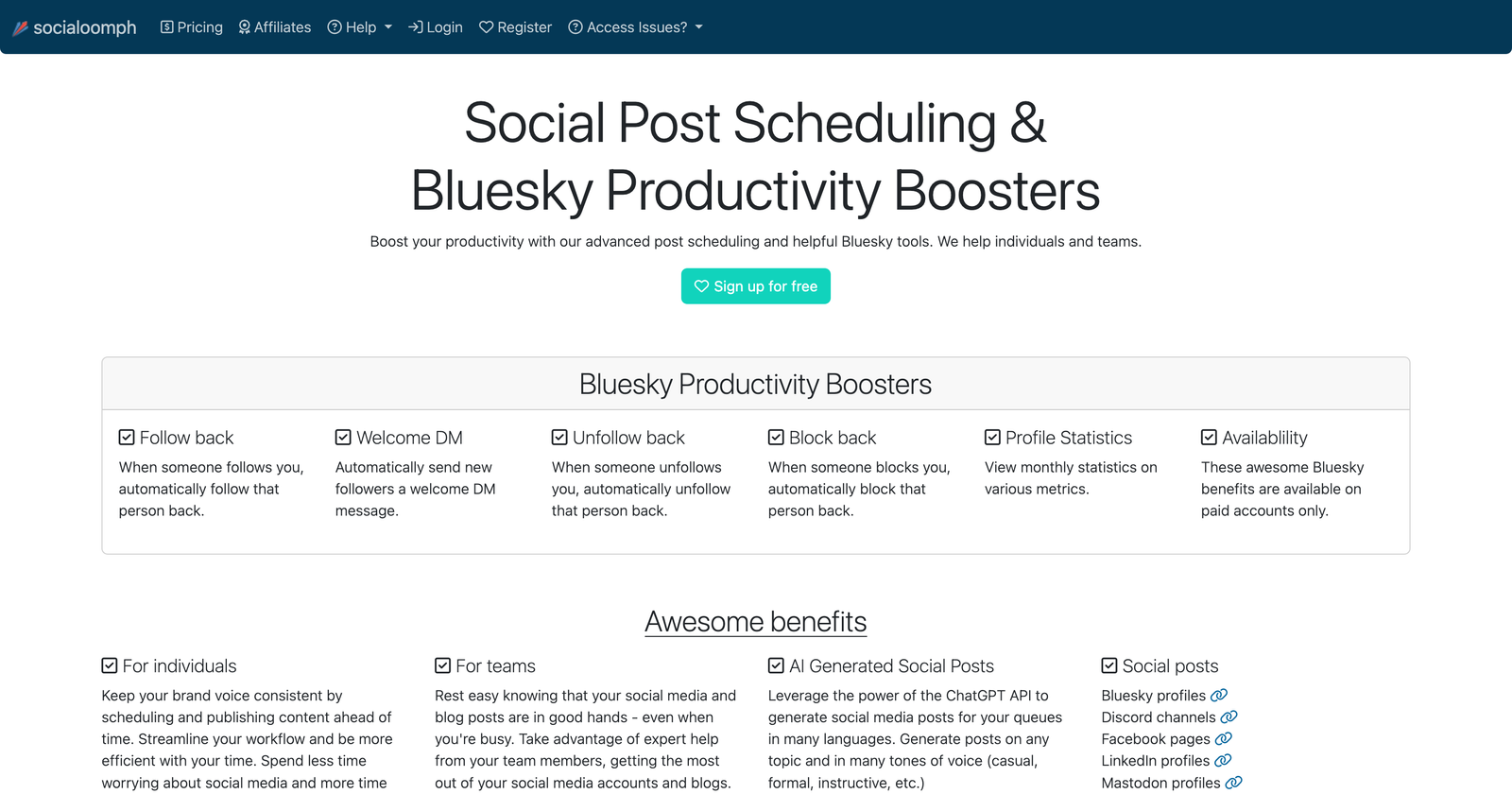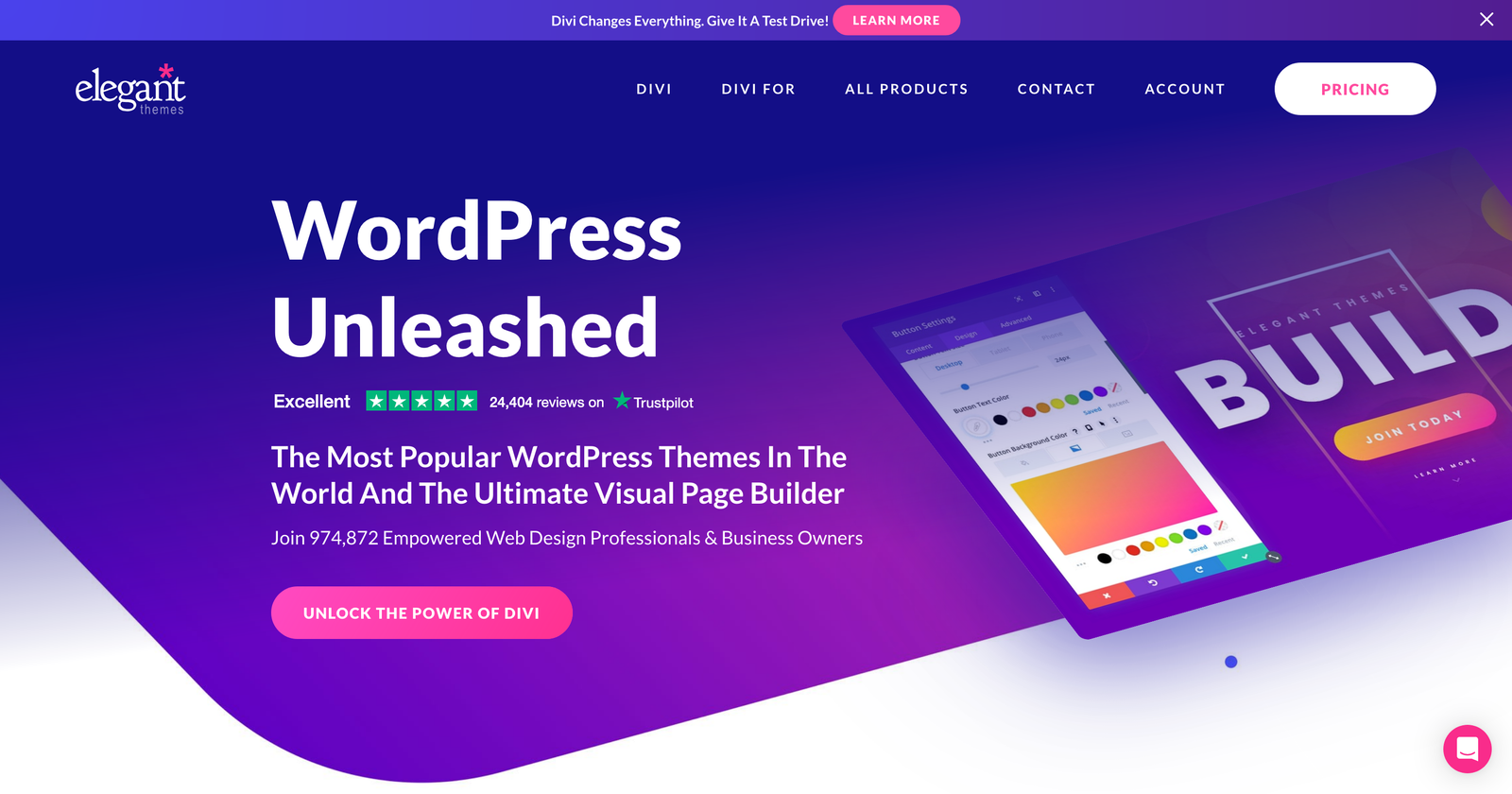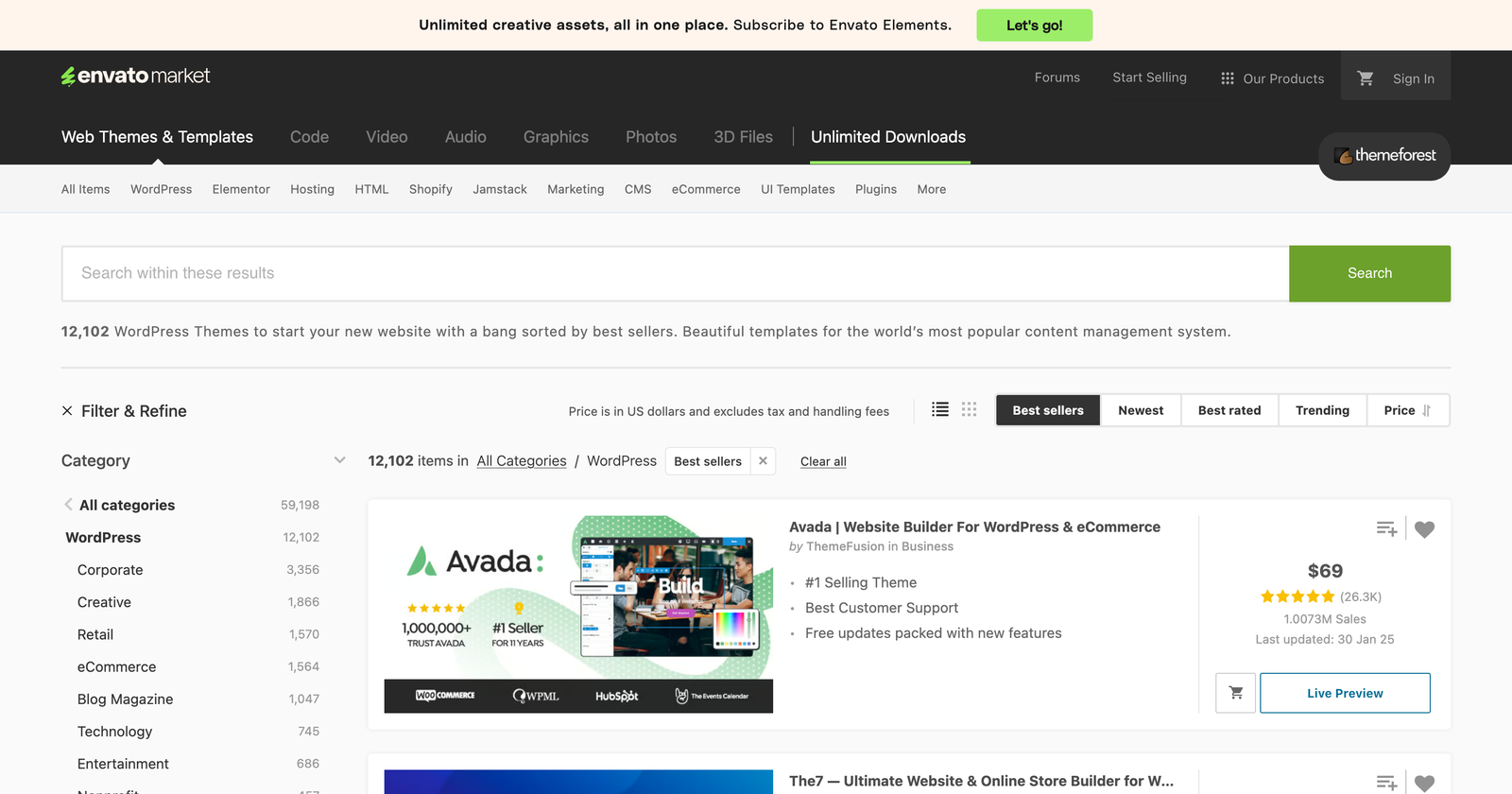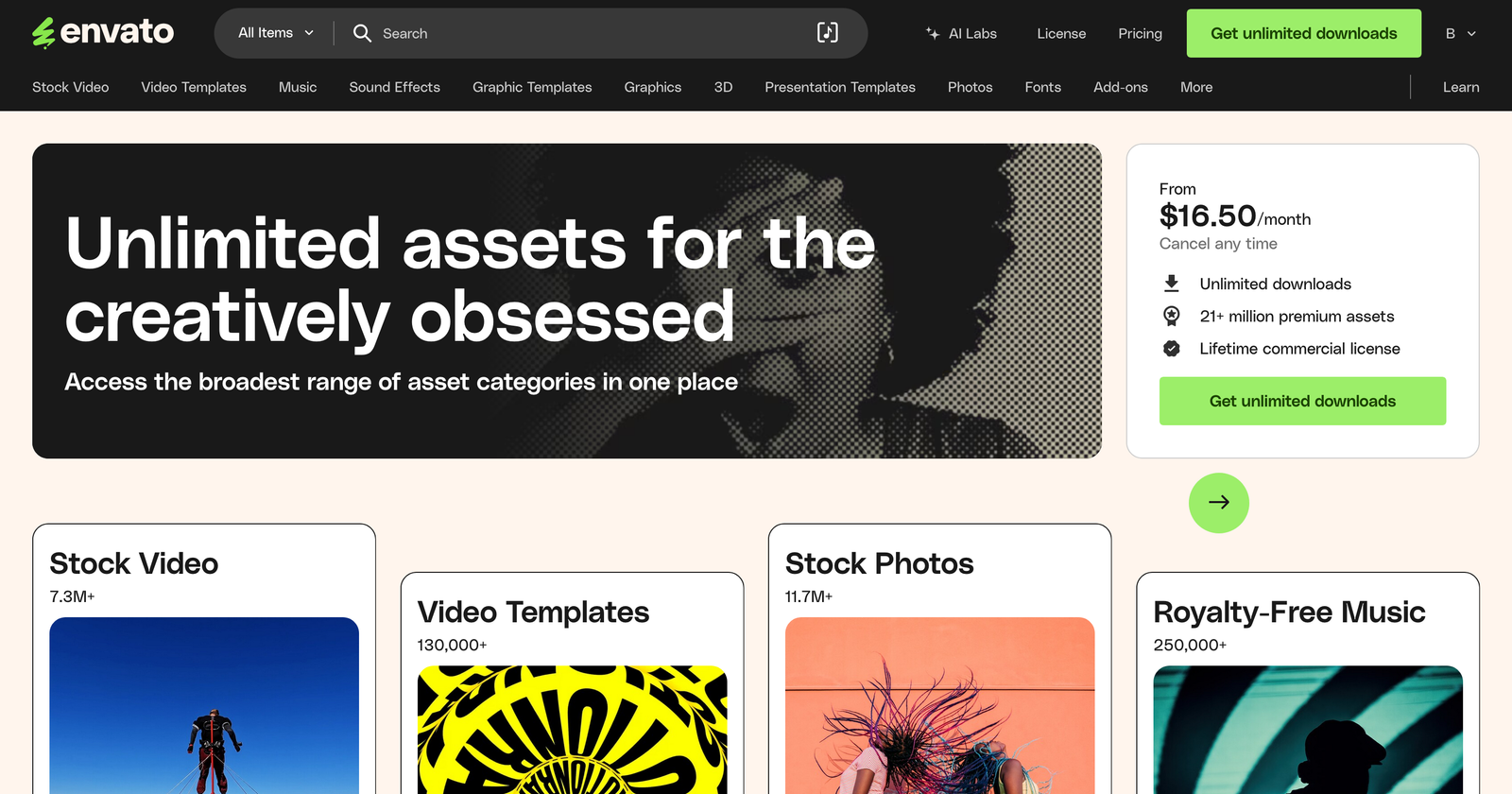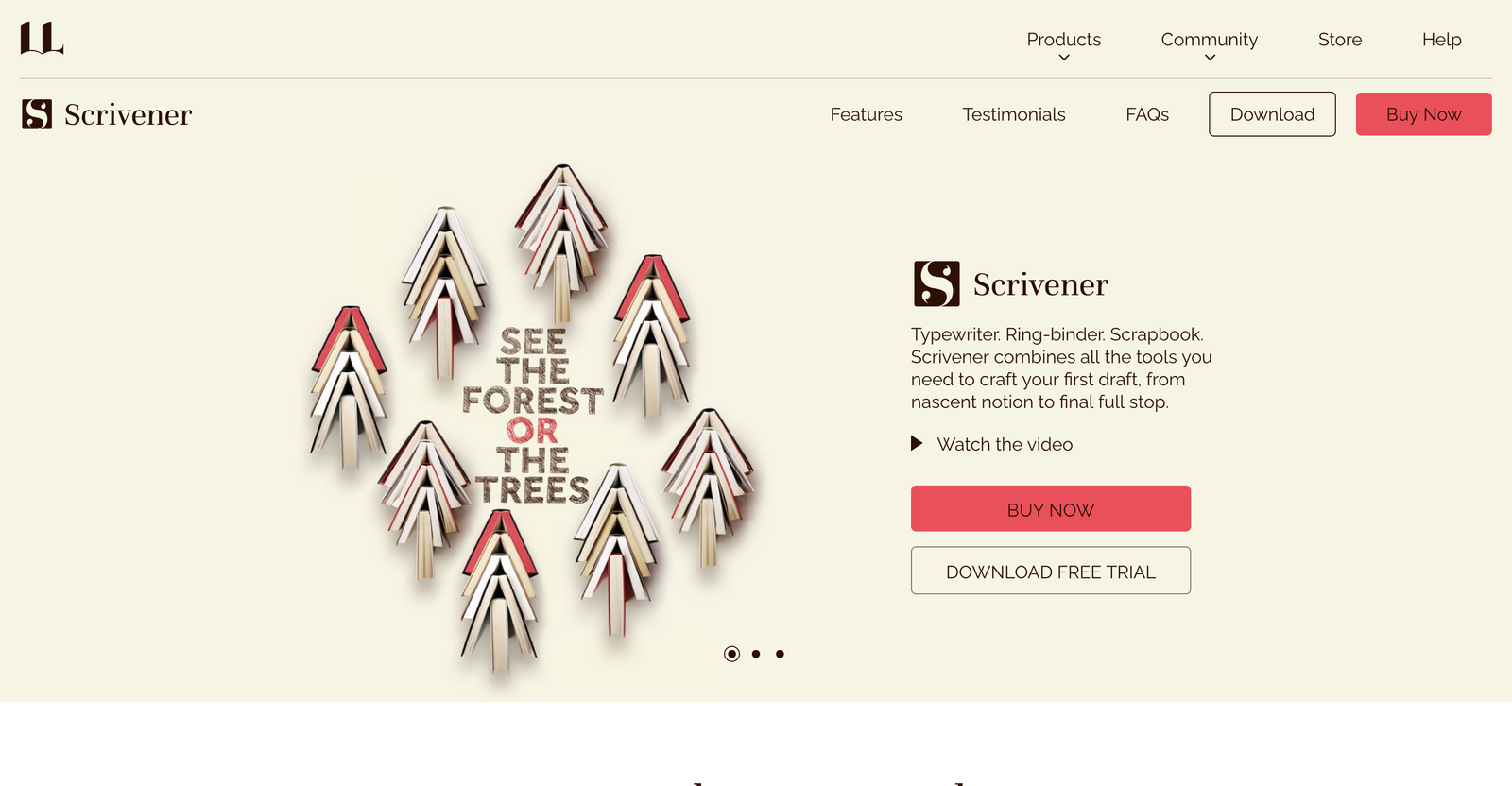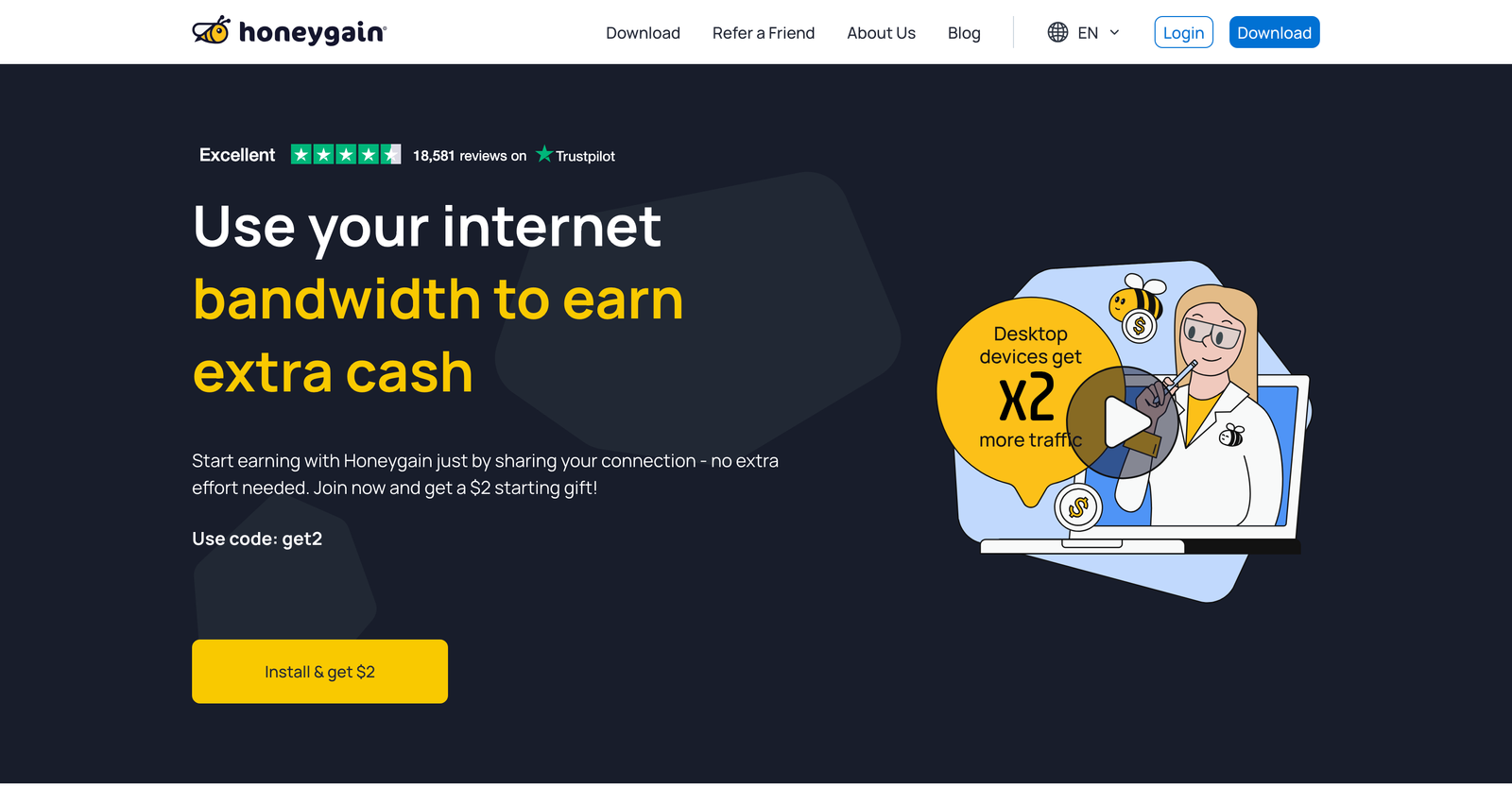Rental Arbitrage Business Insights
Earn from real estate
without owning property.
Profit from real estate without owning property through rental arbitrage & property management. Earn recurring income by managing short-term rentals, corporate housing, and luxury stays.
Rental Arbitrage Business Insights
Earn from real estate
without owning property.
Profit from real estate without owning property through rental arbitrage & property management. Earn recurring income by managing short-term rentals, corporate housing, and luxury stays.
Rental Arbitrage Business Insights
🏆 Overall Business Viability Score
💰 Profitability Score
🚀 Scalability Score
⏳ Time to Profitability Score
💸 Startup Cost Score
🛠️ Operational Complexity Score
📢 Marketing & Customer Acquisition Score
🤖 Automation & Passive Income Score
📈 Market Demand Score
⚠️ Competition Level Score
🌱 Sustainability & Longevity Score
📊 Revenue Stability Score
🏗️ Barrier to Entry Score
🎯 Target Market Size Score
🔧 Skill & Experience Requirement Score
📍 Location Flexibility Score
💼 Legal & Compliance Complexity Score
🔥 Economic Resilience Score
🔄 Recession Proof Score
🏁 Exit Strategy Score
Business Idea Overview:
Rental arbitrage and niche property management allow entrepreneurs to generate high-income without owning real estate. By securing rental properties, optimizing short-term stays, and automating management, businesses can scale operations and create passive income streams. With the rise of remote work, corporate housing, and luxury stays, this model remains highly profitable and future-proof.
📊 Earning Potential
✔️ 5 Properties: $10,000 – $30,000/month
✔️ Full-Scale Operation (20+ Properties): $50,000 – $200,000+/month
⚠️ Earnings Disclaimer: Actual earnings vary based on niche, strategy, and execution. There is no guarantee of success, and results depend on effort, market conditions, and business management.
🛠️ Best Platforms & Tools
✔️ Booking & Listing Management: Airbnb, VRBO, Booking.com
✔️ Automation & Smart Locks: Hospitable, Guesty, Smartbnb, RemoteLock
✔️ Dynamic Pricing & Revenue Optimization: Beyond Pricing, PriceLabs
✔️ Legal & Lease Management: Avail, TurboTenant
⚠️ Biggest Challenge
✔️ Securing Properties – Landlords often hesitate to allow arbitrage or short-term rentals.
✔️ Regulations & Compliance – Cities have restrictions on short-term rentals.
✔️ Scaling Beyond a Few Units – Managing 1-2 units is easy; scaling to 10+ requires systems & automation.
💸 Startup Costs & Investment
✔️ Entry-Level (Managing Others’ Rentals): $1,000 – $5,000 (website, legal, branding, initial marketing).
✔️ Rental Arbitrage Model (Leasing & Subleasing): $5,000 – $30,000 (deposits, furniture, setup costs).
✔️ Scaling to 10+ Properties: $50,000 – $200,000 (team, automation, expansion).
📢 Customer Acquisition Strategy
✔️ For Rental Arbitrage: Pitch landlords with guaranteed rent & property care benefits.
✔️ For Property Management: Target Airbnb hosts, landlords, and investors needing hands-free management.
✔️ Marketing Channels: Local networking, social media, SEO, paid ads, Airbnb host forums.
📈 Ideal Business Model
✔️ Property Management Fees → 15-30% of rental income.
✔️ Rental Arbitrage → Lease properties, furnish them, and sublease at premium rates.
✔️ Hybrid Model → Mix of arbitrage + management for diversified revenue.
⏳ Time to Profitability
✔️ Managing Rentals: 1-3 months (low startup costs, quick client acquisition).
✔️ Rental Arbitrage Model: 3-6 months (higher upfront costs, but higher returns).
🚀 Key to Scaling
✔️ Automate guest communication & pricing.
✔️ Expand into multiple locations & unit types.
✔️ Build a team or outsource cleaning & maintenance.
🤖 Automation & Passive Income Potential
✔️ Guest Messaging & Bookings: 90% automated with AI tools.
✔️ Pricing Optimization: 100% automated with AI-driven pricing.
✔️ Cleaning & Maintenance: Outsourced or automated scheduling.
View Automation Tools
🏁 Exit Strategy
✔️ Sell your property management contracts to a larger firm.
✔️ Convert to a fully managed real estate agency.
✔️ Franchise the model and license operational systems.
🌱 Sustainability & Longevity
✔️ Long-term – Demand for flexible housing & short-term rentals continues to rise.
✔️ Growth in corporate housing & mid-term stays stabilizes earnings.
🔄 Market Trends & Demand
✔️ Increasing Demand for Mid-Term Rentals (30+ Days).
✔️ Rise in Work-from-Anywhere Travelers & Digital Nomads.
✔️ Luxury & Niche Stay Experiences Are More Profitable.
🆚 Competition Level
✔️ Medium-High – Many hosts & managers, but differentiation is possible through branding & services.
✔️ Compete on Quality & Unique Offerings – Stand out with premium experiences & automation.
Sign up for SEO Flow and start your keyword research today. SEOFlow.app
📍 Location Flexibility
✔️ Yes – You can manage remotely with automation & local teams.
✔️ Highly Location-Dependent – Some cities have stricter rental laws than others.
Visit NomadWave’s Digital Nomad Community
🎯 Ideal Target Audience
✔️ Landlords & Investors who want passive rental income.
✔️ Frequent Travelers & Remote Workers seeking high-quality stays.
✔️ Businesses & Executives needing corporate housing solutions.
🏗️ Operational Complexity
✔️ Low for Property Management – Once systems are in place, it’s relatively hands-off.
✔️ Moderate for Rental Arbitrage – More moving parts, but high reward potential.
🔧 Required Skills & Experience
✔️ No real estate license required unless offering legal property management.
✔️ Strong business, negotiation, and automation skills recommended.
Get Flow Systems’ Award Winning SEO
💼 Legal & Compliance Considerations
✔️ Short-term rental regulations vary by city.
✔️ Some areas require permits & business licenses.
✔️ Lease agreements must allow subleasing for rental arbitrage.
📊 Best Monetization Strategies
✔️ Property management fees (15-30% of rental income).
✔️ Rental arbitrage (subleasing & markup on rent).
✔️ High-ticket luxury & corporate housing offerings.
🔥 Recession & Economic Resilience
✔️ Highly Resilient – People always need housing (corporate, mid-term, and luxury stays).
✔️ Diversifying into mid-term & long-term rentals ensures steady cash flow.
💰 Earning Potential of Niche Property Management & Rental Arbitrage
The earning potential in niche property management and rental arbitrage varies based on location, property type, and business model. With strategic property selection, automation, and scaling, entrepreneurs can generate high recurring income without owning real estate.
🏠 Income Potential Breakdown
1️⃣ Property Management Model (Managing Rentals for Owners)
✔️ Earnings Per Property: $500 – $2,500/month (management fee of 15-30%)
✔️ 5 Managed Properties: $2,500 – $12,500/month
✔️ 20+ Managed Properties: $20,000 – $50,000+/month
2️⃣ Rental Arbitrage Model (Leasing & Subleasing)
✔️ Earnings Per Property: $1,000 – $7,000/month (after rent, utilities, and expenses)
✔️ 5 Arbitrage Properties: $5,000 – $30,000/month
✔️ 20+ Arbitrage Properties: $50,000 – $150,000+/month
3️⃣ Hybrid Model (Management + Arbitrage + Corporate Stays)
✔️ Earnings Per Property: $1,500 – $10,000/month
✔️ 5+ Properties: $10,000 – $50,000/month
✔️ Large-Scale Operation (20+ Properties): $50,000 – $200,000+/month
📊 Factors Affecting Earning Potential
✔️ Location: High-demand areas (urban centers, business districts, tourist hubs) yield higher profits.
✔️ Property Type: Luxury rentals, corporate housing, and mid-term stays provide higher revenue per unit.
✔️ Automation & Efficiency: Using AI pricing tools, smart locks, and automated messaging boosts profit margins.
✔️ Occupancy Rates: Higher occupancy rates (80%+ year-round) ensure consistent cash flow.
🚀 How to Maximize Profits?
✅ Target Premium Clients – Corporate stays, executive housing, and long-term furnished rentals are more profitable.
✅ Use Dynamic Pricing – AI-powered pricing adjusts rates based on demand for maximum revenue.
✅ Reduce Vacancy Gaps – Offer mid-term & long-term stays to minimize downtime.
✅ Offer Additional Services – Charge for cleaning fees, concierge services, and maintenance packages.
⚠️ Disclaimer:
Earnings depend on location, business strategy, and market conditions. While high-income potential exists, success requires proper planning, property selection, and effective management.
💡 By leveraging automation, strategic pricing, and high-demand markets, property managers and rental arbitrage entrepreneurs can scale to six- or seven-figure businesses. 🚀
📈 Best Business Models for Niche Property Management & Rental Arbitrage
The best business models in this space depend on capital availability, scalability, and risk tolerance. The most successful approaches combine multiple revenue streams for consistent cash flow and long-term profitability.
🏠 1️⃣ Property Management Model (Managing Rentals for Owners) – Low Risk, Recurring Income
✔️ How It Works: You manage rental properties on behalf of owners (Airbnb, VRBO, corporate housing) in exchange for a management fee (15-30% of rental income).
✔️ Profitability: $500 – $2,500 per unit/month (recurring).
✔️ Startup Costs: Low ($1,000 – $5,000) for branding, marketing, and automation software.
✔️ Scalability: Easily scalable with more properties and a team.
✔️ Best For: Entrepreneurs without capital to lease properties but with management expertise.
✅ Pros:
- No need to lease or own properties.
- Low startup costs & predictable recurring income.
- Fully remote-friendly with automation tools.
⚠️ Cons:
- Requires landlord trust & networking to acquire clients.
- Lower profit margins per property compared to rental arbitrage.
🏠 2️⃣ Rental Arbitrage Model (Leasing & Subleasing) – Higher Profits, Higher Risk
✔️ How It Works: You rent properties from landlords, furnish them, and sublease them on Airbnb, VRBO, or as corporate housing at higher nightly rates.
✔️ Profitability: $1,000 – $7,000 per unit/month (after expenses).
✔️ Startup Costs: Moderate ($5,000 – $30,000 per unit) (security deposit, first month’s rent, furniture, and setup).
✔️ Scalability: Can scale to multiple locations, but requires capital and landlord approvals.
✔️ Best For: Entrepreneurs with capital to invest and experience in short-term rentals.
✅ Pros:
- Higher income potential per unit.
- No property ownership required.
- Can be automated with pricing tools and property management systems.
⚠️ Cons:
- Higher financial risk (rent obligations even if occupancy drops).
- Landlord approvals & lease negotiations required.
- Short-term rental regulations can impact viability.
🏠 3️⃣ Hybrid Model (Property Management + Rental Arbitrage) – Maximum Profit & Stability
✔️ How It Works: Manage properties for other owners while also leasing some for rental arbitrage.
✔️ Profitability: $1,500 – $10,000 per unit/month depending on model split.
✔️ Startup Costs: Varies ($5,000 – $50,000+), depending on the number of arbitrage units.
✔️ Scalability: Most scalable model, as you can balance low-risk management with high-profit arbitrage.
✔️ Best For: Entrepreneurs who want to diversify revenue streams and minimize risk.
✅ Pros:
- Balances risk and reward by combining stable management fees with high-profit arbitrage.
- Creates predictable cash flow.
- Leverages automation to manage multiple properties.
⚠️ Cons:
- Requires more operational management than a single approach.
- Still has some risk exposure from arbitrage leases.
🏠 4️⃣ Corporate Housing & Mid-Term Rentals (High Ticket, Consistent Demand)
✔️ How It Works: Instead of short-term Airbnb stays, rent to traveling professionals, relocation clients, or digital nomads for 30+ days at premium rates.
✔️ Profitability: $2,000 – $6,000 per unit/month (higher than traditional Airbnb).
✔️ Startup Costs: Similar to rental arbitrage ($5,000 – $20,000 per unit) for setup.
✔️ Scalability: More stable occupancy rates than short-term rentals.
✔️ Best For: Those wanting longer stays, fewer turnovers, and high-paying tenants.
✅ Pros:
- Steady revenue with fewer vacancies.
- Easier to comply with local rental regulations (many cities restrict short-term stays but allow mid-term).
- Attracts business travelers, insurance housing clients, and remote workers.
⚠️ Cons:
- Requires direct partnerships with relocation agencies & corporate housing companies.
- Less flexibility than traditional Airbnb models.
🏠 5️⃣ Lease-to-Own & Asset Control Model (Building Equity Over Time)
✔️ How It Works: Instead of traditional rental arbitrage, secure lease-to-own agreements, where part of the rent goes toward purchasing the property.
✔️ Profitability: $5,000 – $15,000 per deal/month plus equity accumulation.
✔️ Startup Costs: Higher initial investment, but builds long-term wealth.
✔️ Scalability: Less scalable than arbitrage but stronger long-term strategy.
✔️ Best For: Investors who want to transition into property ownership.
✅ Pros:
- Earn rental income while acquiring assets.
- Long-term wealth-building strategy.
- Property values appreciate over time.
⚠️ Cons:
- Requires significant upfront capital.
- Commitment to purchasing means less flexibility.
🚀 The Best Business Model for You?
✔️ Low Capital, Low Risk? → Start with Property Management.
✔️ Higher Profits & Higher Risk? → Rental Arbitrage yields higher returns but requires capital.
✔️ Balanced Approach? → Hybrid Model for both stability & high-ticket income.
✔️ Long-Term Security? → Lease-to-Own to build equity while earning rental income.
✔️ Fewer Guests, Longer Stays? → Corporate Housing for steady, high-end clients.
💡 The most successful property entrepreneurs combine multiple models to create a diversified, highly profitable business. 🚀
Get JotPro, the intuitive AI writing tool with over 50 templates, and countless features like Speech-to-Text and Text-to-Speech. Sign Up Free
📢 Marketing Strategies for Niche Property Management & Rental Arbitrage
Generating consistent traffic and bookings is crucial for maximizing revenue in property management and rental arbitrage. The best strategies leverage organic, paid, and referral channels to attract both guests and property owners (for management deals).
🚀 Best Traffic Strategies for More Bookings & Clients
1️⃣ Optimize for Airbnb & Short-Term Rental Platforms (For Direct Guest Bookings)
✔ Use SEO-optimized listings → Keyword-rich descriptions & competitive pricing.
✔ Professional photography & video tours → High-quality images increase click-through rates.
✔ Encourage 5-star reviews → More reviews = Higher search rankings.
✔ Instant booking & flexible cancellation → Increases listing visibility.
✔ Leverage “Experiences” & Upgrades → Add local recommendations or exclusive services.
Platforms to Focus On:
🔹 Airbnb, VRBO, Booking.com, Expedia, Hopper Homes
2️⃣ Google My Business & Local SEO (For Attracting Property Owners & Corporate Clients)
✔ Create a Google Business Profile to rank for searches like:
- “Best Airbnb property managers in [City]”
- “Short-term rental management near me”
✔ Build local backlinks from real estate blogs, business directories & news sites.
✔ SEO blog strategy → Publish articles like: - “How to maximize Airbnb rental income”
- “Best neighborhoods for short-term rentals in [City]”
🔹 Best Tools for Local SEO: Google My Business, Moz Local, BrightLocal
3️⃣ Paid Ads for Instant Traffic (For Guest Bookings & Property Management Clients)
✔ Facebook & Instagram Ads – Target travelers looking for unique stays.
✔ Google Search Ads – Target investors & landlords needing management services.
✔ YouTube Ads – Showcase property walkthroughs & guest experiences.
✔ LinkedIn Ads – Great for attracting corporate housing contracts.
🔹 Best Ad Tools: Meta Ads Manager, Google Ads, LinkedIn Ads
4️⃣ Referral & Partnership Marketing (For Business Owners & High-Ticket Clients)
✔ Partner with local real estate agents for landlord referrals.
✔ Offer incentives to guests for referring friends (discounts or free nights).
✔ Join networking groups → Real estate investor meetups, BNI groups, & business conferences.
🔹 Best Networking Platforms: LinkedIn, Facebook Groups, Local Meetup Events
5️⃣ Email Marketing & Retargeting (For Repeat Guests & Long-Term Clients)
✔ Collect guest emails at check-in & checkout for future deals.
✔ Run retargeting ads to previous website visitors & abandoned cart bookings.
✔ Send exclusive discounts & deals for direct bookings (avoid platform fees!).
🔹 Best Tools: Mailchimp, ActiveCampaign, Klaviyo
🔥 Scaling Traffic for Maximum Profits
✔ Automate guest booking & SEO optimization.
✔ Run paid ads for immediate bookings.
✔ Build local partnerships for long-term deals.
✔ Leverage referral programs to drive organic growth.
💡 A mix of organic SEO, paid ads, and local partnerships will ensure long-term, consistent traffic to your properties and management business. 🚀
🎯 Conversion Tactics for Niche Property Management & Rental Arbitrage
Attracting traffic is just half the battle—the real goal is converting visitors into guests, landlords, or corporate clients. Optimizing your listings, pricing, and communication can significantly boost bookings and client acquisition.
🚀 Best Conversion Tactics for More Bookings & Clients
1️⃣ High-Impact Listing Optimization (For Guest Bookings)
✔ Professional Photography & Video Tours → High-quality images increase conversion rates by 40%+.
✔ SEO-Optimized Titles & Descriptions → Use relevant keywords like:
- “Luxury Downtown Condo | Walk to Attractions”
- “Modern 3BR Home | Perfect for Business Travelers”
✔ Highlight Unique Selling Points (USPs) → Fast WiFi, pet-friendly, free parking, etc.
✔ Feature Positive Guest Reviews → Higher social proof = More trust = Higher conversions.
🔹 Best Platforms: Airbnb, VRBO, Booking.com, Direct Booking Sites
2️⃣ Dynamic Pricing for Competitive Bookings
✔ Use AI-powered pricing tools to adjust rates based on demand.
✔ Offer discounts for longer stays (7+ days, 30+ days).
✔ Use “Urgency Triggers” – Example: “Only 2 nights left at this price!”
✔ Run limited-time promotions during slow seasons to maintain occupancy.
🔹 Best Tools: Beyond Pricing, PriceLabs, Wheelhouse
3️⃣ Fast & Personalized Guest Communication (For Higher Booking Completion Rates)
✔ Respond within 60 minutes to inquiries to boost Airbnb ranking & conversions.
✔ Use AI chatbots & automated messaging for pre-stay & post-stay engagement.
✔ Send follow-up offers to guests who abandon bookings.
🔹 Best Tools: Hospitable, Smartbnb, Guesty
4️⃣ Direct Booking Incentives (For Reducing Platform Fees & Increasing Repeat Guests)
✔ Offer exclusive discounts for direct bookings vs. Airbnb/VRBO rates.
✔ Set up a direct booking website to capture leads.
✔ Use remarketing ads to bring back visitors who didn’t book.
🔹 Best Tools: Mailchimp (email remarketing), Facebook Ads, Google Retargeting Ads
5️⃣ High-Ticket Client Conversion (For Property Owners & Corporate Clients)
✔ Use Case Studies & Testimonials → Show how your management improves occupancy & revenue.
✔ Create an Explainer Video → Showcase how your service makes property owners passive income.
✔ Offer a Free Property Analysis → Provide an income forecast for landlords.
✔ Use LinkedIn Outreach & Ads to target corporate housing clients & real estate investors.
🔹 Best Tools: LinkedIn Sales Navigator, Calendly, HighLevel CRM
🔥 Scaling Conversions for Maximum Profits
✔ Optimize listings for high click-through rates.
✔ Leverage AI pricing & automation to close bookings faster.
✔ Use direct booking incentives to increase profit margins.
✔ Target high-ticket corporate clients for long-term revenue stability.
💡 Combining data-driven pricing, automation, and personalized engagement will significantly improve conversion rates—leading to higher occupancy, repeat bookings, and long-term client retention. 🚀
💰 Most Profitable Niches in Niche Property Management & Rental Arbitrage
Not all rental properties generate the same level of income. The most profitable niches focus on high-demand, high-margin rental strategies that attract premium guests, long-term tenants, or corporate clients.
🏆 Top High-Profit Niches in Rental Arbitrage & Property Management
1️⃣ Luxury Short-Term Rentals (For High-End Travelers & VIP Guests)
✔ Why It’s Profitable:
- Premium guests pay 2x – 5x more for luxury stays.
- Attracts business executives, high-net-worth individuals, and influencers.
✔ How to Maximize Profits:
- Offer concierge services, private chefs, and chauffeur options.
- List on high-end booking platforms like Plum Guide & LVH.
- Use high-quality photography & branding to justify premium pricing.
🔹 Average Earnings: $5,000 – $20,000/month per unit
2️⃣ Corporate Housing & Business Stays (For Long-Term, Stable Revenue)
✔ Why It’s Profitable:
- Consistent year-round demand from business travelers, relocating professionals, and consultants.
- Less turnover & lower maintenance costs than short-term rentals.
✔ How to Maximize Profits:
- Target companies, hospitals, and real estate firms needing corporate housing.
- Offer 30-90 day leases to bypass short-term rental regulations.
- Partner with HR departments, relocation agencies, and hospitals.
🔹 Average Earnings: $3,500 – $10,000/month per unit
3️⃣ Mid-Term Rentals (For Digital Nomads & Traveling Professionals)
✔ Why It’s Profitable:
- Digital nomads, traveling nurses, and remote workers prefer furnished, flexible-stay apartments.
- Longer stays (30-90 days) = less turnover & stable occupancy.
✔ How to Maximize Profits:
- List on platforms like Furnished Finder, Blueground, & Landing.
- Bundle services (WiFi, cleaning, workspace setup) to increase pricing.
- Target cities with strong remote work communities.
🔹 Average Earnings: $2,500 – $7,000/month per unit
4️⃣ Vacation Homes & Resort Rentals (For Seasonal High-Yield Income)
✔ Why It’s Profitable:
- Seasonal vacation properties can generate a year’s worth of income in 3-6 months.
- Exclusive locations (beachfront, ski resorts, wine country) attract premium guests.
✔ How to Maximize Profits:
- Use dynamic pricing tools to maximize peak-season rates.
- Offer experience packages (tours, boat rentals, ski passes) for upsells.
- Invest in high-end furnishings & unique design themes.
🔹 Average Earnings: $6,000 – $25,000/month during peak season
5️⃣ Student Housing & Co-Living Spaces (For High Occupancy Rates & Cash Flow)
✔ Why It’s Profitable:
- Universities guarantee a steady stream of renters.
- Co-living setups allow multiple tenants per unit, maximizing rent per square foot.
✔ How to Maximize Profits:
- Convert single-family homes into multi-bedroom shared living spaces.
- Use co-living apps (Bungalow, Common) for tenant placement.
- Offer fully furnished units with utilities included.
🔹 Average Earnings: $4,000 – $10,000/month per unit
6️⃣ Extended Stay & Insurance Housing (For High-Ticket, Long-Term Rentals)
✔ Why It’s Profitable:
- Insurance companies pay premium rates for families displaced by disasters.
- Extended-stay hotels & furnished rentals cater to clients needing 30+ day stays.
✔ How to Maximize Profits:
- Work directly with insurance adjusters & relocation firms.
- Offer move-in-ready units with all utilities & furnishings.
- List properties on corporate rental marketplaces like ALE Solutions.
🔹 Average Earnings: $5,000 – $12,000/month per unit
🔥 Which Niche is Right for You?
✔ Want ultra-high profit margins? → Luxury Short-Term Rentals & Vacation Homes
✔ Prefer stable long-term tenants? → Corporate Housing & Insurance Rentals
✔ Need low-maintenance cash flow? → Student Housing & Co-Living Spaces
✔ Targeting digital nomads & remote workers? → Mid-Term Rentals & Extended Stays
💡 The most successful property entrepreneurs diversify into multiple niches for maximum profitability & scalability. 🚀
🏆 Niche Property Management & Rental Arbitrage vs. Other Business Models
Not all business models offer the same level of profitability, scalability, and automation. Compared to traditional real estate investing, e-commerce, and other service-based businesses, niche property management & rental arbitrage stands out for its ability to generate recurring income with lower risk and high automation potential.
📊 How It Compares to Other Business Models
| Business Model | Startup Cost | Scalability | Automation Potential | Profitability | Risk Level |
|---|---|---|---|---|---|
| Niche Property Management | Low ($1K – $5K) | High | High (AI, automation tools) | High (15-30% per property) | Low |
| Rental Arbitrage | Medium ($5K – $30K/unit) | High | Medium-High (self-check-in, pricing tools) | Very High ($1K – $7K/unit) | Moderate |
| Traditional Real Estate Investing | Very High ($50K – $500K) | Medium | Low (physical asset management) | High (appreciation, rental income) | High |
| E-Commerce (Dropshipping) | Medium ($2K – $10K) | High | High (automated fulfillment) | Medium (5-20% profit margins) | High |
| Coaching & Consulting | Low ($500 – $5K) | Medium | Low (requires active work) | High (but income depends on personal time) | Low |
| Affiliate Marketing | Low ($0 – $2K) | High | Very High (SEO, paid ads) | Medium (3-10% commission) | Low |
| Local Service Business (Auto Detailing, Landscaping, Cleaning, etc.) | Low-Medium ($5K – $20K) | Medium | Low (requires physical labor) | Medium | Moderate |
🔥 Why Niche Property Management & Rental Arbitrage Wins
✔ Recurring, predictable income → Unlike e-commerce, where margins fluctuate, this model generates steady monthly cash flow.
✔ No inventory, no shipping → Unlike physical product businesses, property rentals don’t require logistics, warehouses, or supply chains.
✔ Scalable without owning property → Traditional real estate requires heavy capital, while rental arbitrage & management allow scaling without huge investments.
✔ More automation than local service businesses → Smart locks, AI pricing, and automated guest communication reduce workload significantly.
✔ High-ticket potential → Unlike affiliate marketing or dropshipping, each deal or property brings in large profits, not small commissions.
⚠️ Where This Model Has Challenges
- Regulations & Short-Term Rental Laws → Some cities restrict Airbnb & rental arbitrage.
- Requires strong landlord relationships → Rental arbitrage depends on getting landlords to agree to subleasing.
- Not 100% passive at first → While automation can reduce workload, some management oversight is still needed.
💡 Final Verdict: A High-Profit, Scalable Business Model
Compared to traditional real estate, e-commerce, and service businesses, niche property management & rental arbitrage offers one of the best combinations of high income, low startup costs, and scalability.
🔹 If you want recurring income, scalability, and automation without heavy investments, this is one of the best business models available today. 🚀
🔮 Future Trends in Niche Property Management & Rental Arbitrage
The property management and rental arbitrage industry is evolving rapidly due to technology, changing travel behavior, and new real estate trends. Entrepreneurs who adapt early to these shifts will gain a competitive edge and higher profits.
🚀 1️⃣ AI-Powered Property Management & Smart Automation
✔ Why It’s Growing:
- AI-powered tools automate guest communication, pricing, and operations.
- Smart home tech (keyless entry, voice assistants, IoT security) is reducing the need for manual oversight.
- AI-driven dynamic pricing tools optimize revenue automatically.
✔ How to Profit from This Trend:
- Use AI-powered chatbots & self-check-in tech to reduce manual work.
- Implement smart thermostats & occupancy sensors for energy efficiency & cost savings.
🔹 Key Tools: Smartbnb, Hospitable, RemoteLock, Beyond Pricing
🌎 2️⃣ Shift Toward Mid-Term & Extended Stays (30+ Days Rentals)
✔ Why It’s Growing:
- More digital nomads, remote workers, and long-term business travelers prefer 1-6 month rentals.
- Many cities are tightening short-term rental regulations, making longer stays more profitable.
✔ How to Profit from This Trend:
- List on mid-term rental platforms like Furnished Finder, Landing, & Blueground.
- Target companies & insurance agencies needing relocation housing.
- Offer corporate leases to business clients & traveling professionals.
🔹 Best Niches: Digital nomads, travel nurses, relocation housing
💰 3️⃣ Growth in Alternative & Experiential Stays (Glamping, Tiny Homes, Themed Rentals)
✔ Why It’s Growing:
- Travelers seek unique, Instagram-worthy stays beyond standard hotels or apartments.
- The glamping industry is booming, with luxury nature-based accommodations commanding premium rates.
- Themed properties (movie-themed, futuristic, minimalist) are outperforming traditional rentals.
✔ How to Profit from This Trend:
- Convert properties into niche vacation rentals (A-Frame cabins, geodesic domes, floating homes).
- Market experiences, not just stays—offer guided tours, adventure activities, or local partnerships.
- List on specialty platforms like Hipcamp, GlampingHub, & Unique Stays.
🔹 Best Niches: Luxury glamping, eco-resorts, themed Airbnb rentals
🏢 4️⃣ Corporate & Executive Housing Demand is Rising
✔ Why It’s Growing:
- Large companies prefer extended-stay corporate rentals over hotels for relocating employees.
- Remote-first companies send teams for temporary on-site projects & team-building retreats.
- The demand for business-class, fully-furnished apartments is increasing worldwide.
✔ How to Profit from This Trend:
- Secure long-term corporate contracts with HR departments & relocation firms.
- Offer premium furnished apartments with high-speed WiFi, cleaning, & business amenities.
- List on corporate housing platforms like Blueground & Zeus Living.
🔹 Best Clients: Fortune 500 companies, remote teams, traveling professionals
🏘️ 5️⃣ Co-Living & Shared Housing Models Gaining Popularity
✔ Why It’s Growing:
- Rising housing costs & urbanization are making shared living more attractive.
- Young professionals & entrepreneurs seek fully furnished co-living spaces with shared amenities.
- Investors are turning single-family homes into multi-tenant co-living spaces for higher yields.
✔ How to Profit from This Trend:
- Convert large properties into multi-room co-living spaces.
- Offer all-inclusive rent with cleaning, WiFi, & community events.
- Partner with tech co-living platforms like Bungalow & Common.
🔹 Best Markets: Major metro areas, university cities, high-rent locations
🏦 6️⃣ Institutional Investors & Hedge Funds Moving Into Short-Term Rentals
✔ Why It’s Growing:
- Big investment firms are buying short-term rentals as assets.
- Large-scale vacation rental companies are competing with individual Airbnb hosts.
- More structured property management companies are emerging to serve investors.
✔ How to Profit from This Trend:
- Offer short-term rental management for institutional investors.
- Focus on luxury & high-ticket rentals to compete with big players.
- Automate & scale quickly to keep up with increasing market consolidation.
🔹 Best Cities: High-tourism locations, urban centers, beach towns
🔥 Future-Proofing Your Property Business
✔ Adopt AI & automation → Reduce manual work & maximize efficiency.
✔ Pivot to mid-term stays & corporate housing → More stable revenue & fewer restrictions.
✔ Differentiate with unique experiences → Themed stays, eco-retreats, and luxury rentals will outperform generic listings.
✔ Build relationships with institutional investors → Secure long-term property management deals.
💡 The rental market is evolving fast. Those who adapt early will dominate the next wave of profitable property management & rental arbitrage opportunities. 🚀
Updates on
Rental Arbitrage Business
Get notified on new updates with the
Rental Arbitrage Business ecosystem.
Sponsor
Reviews of Rental Arbitrage Business Landscape
https://www.gezesrkog.com/
Dear,
I hope this email finds you well. I’m excited to introduce you to Cargoholidays.com, your gateway to a unique and adventurous way of exploring the world through cargo ship travel. As a leading cargo travel agency, we specialize in creating unforgettable journeys that offer a fresh perspective on travel and adventure.
At CargoHolidays, we understand that traditional travel experiences may not be for everyone, and that’s why we offer an alternative that’s both enriching and fascinating. Our cargo ship travel services open up a world of possibilities for those seeking a truly authentic and immersive travel experience.
I invite you to explore our website at CargoHolidays Website to browse our available routes at cargoholidays.com, destinations, and testimonials from fellow adventurers who have experienced the magic of cargo ship travel with us.
If you’re ready to embark on a one-of-a-kind journey or have any questions about our services, please don’t hesitate to contact us at contact@cargoholidays.com. Our dedicated team is here to assist you in planning your cargo ship adventure, providing insights, and addressing any queries you may have.
Safe travels and warm regards,


